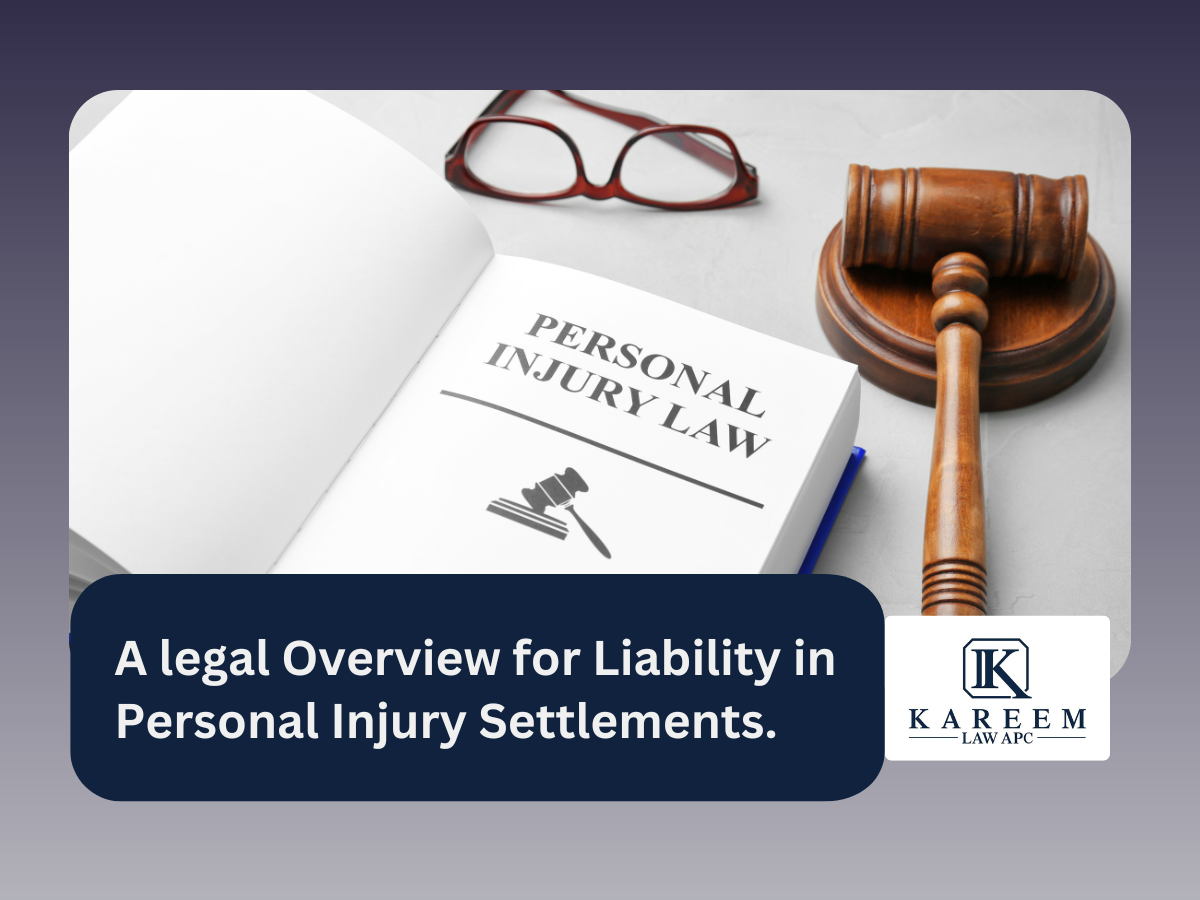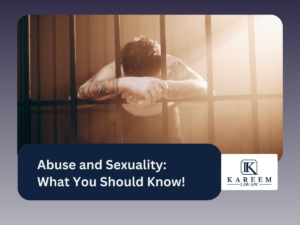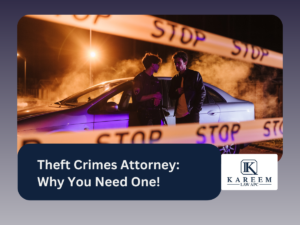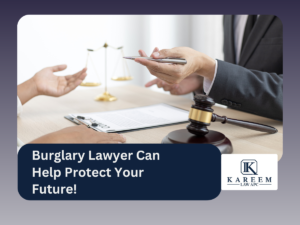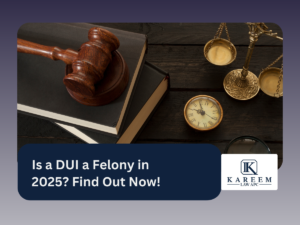Injury accidents need liability. Any personal injury lawsuits settlements with liability. Personal injury lawsuits settlements negotiations outside of court make guilt determination difficult. Liability for another’s injury or loss. Negligence or recklessness may determine personal injury cases. Running red lights and hitting other drivers creates accidents. This article will delve into understanding liability in personal injury lawsuit settlements.
What is Liability in Personal Injury Lawsuit Settlements?
Several elements must be shown to prove personal injury culpability. The defendant owes the plaintiff care. Drivers must obey traffic laws to avoid accidents. The defendant must have committed a crime or acted negligently. The plaintiff must prove the violation caused the injury. Evidence tying the occurrence to the damage is usually needed. The plaintiff must prove injury caused harm. These may have been necessary for trouble proving to be able to prove compensation widget elements. Some liability cases require expert testimony, investigation, and litigation.
What are the Types of Personal Injury Lawsuits Settlements?
Accident type and parties determine personal injury liability. The most prevalent personal injury claim is negligence. Not acting reasonably is negligence. Medical malpractice, slip-and-falls, and car accidents are negligence. Product liability actions are flawless. Consumer damage caused by defective products may be the manufacturer’s fault. Third, intentional harm. Willful assault and battery harmed. Employers may be liable for worker injuries. Many delivery drivers and other wounded workers qualify.
Potential personal harm liability is unclear. Injury might cause accidents and worsen problems. State laws often assign contributory negligence. If a plaintiff caused the accident, they may not get damages. Identifying fault is crucial under this strict guideline. These notions are essential to personal injury lawsuits settlements negotiations because they affect claim value and insurance company settlement willingness.
What are the tips to Claim Personal Injury Lawsuit Settlements?
Liability causes Personal Injury Lawsuits Settlements. Parties settle to avoid a lawsuit. Most personal injury cases are settled to save time, money, and trial uncertainty. Let’s delve into the tips to claim for Personal Injury Lawsuit Settlements.
- Establish Fault in Negotiations: Insurers contest fault to decrease damages. Insurance companies may offer fair Personal Injury lawsuit settlements early if the defendant’s liability is apparent. Negotiations are challenging and require strong evidence when blame is shared.
- Compare blame: Proving the defendant’s principal fault for the harm may assist the plaintiff’s attorney settle better. Proof of the plaintiff’s accident contribution reduces the payout.
- Liability Sets: Medical bills, rehabilitation, and injury care are the most apparent harms. Non-workers are assessed for lost wages or potential. Pain and suffering are subjective but profitable to quantify. Personal injury lawyers consider harm, the plaintiff’s quality of life, and emotional distress. Malice or negligence seldom results in punitive damages. Punitive Personal Injury Lawsuits Settlements are unusual but may encourage them.
- Negotiation and Evidence: Police reports, medical records, witness interviews, and expert testimony help most plaintiffs prove culpability. Accident reconstruction or medical professionals may help catastrophic injury victims. Liability talks affect settlement timing. Liability may speed things up. Litigation might continue for months or years when both sides dispute liability. Many parties settle early to avoid trial costs and delays.
- Personal Injury Lawsuits Settlements Agreement Finalization: Personal Injury Settlement agreements involve payments. Payment terms and liability release, saying the plaintiff would not sue for incidents. Secrecy measures in high-profile cases. The plaintiff is paid, and the lawsuit ends after signing.
Conclusion
Personal injury lawsuits settlements are liability-driven. Understanding culpability aids fault and damages claims. Understanding liability and employing an attorney for personal injury can help plaintiffs achieve appropriate compensation.
Being guilty helps victims seek repayment. Personal injury claims may underpay or waive rights without wrongdoing. Knowing the liability environment helps plaintiffs evaluate losses and negotiate fair settlements with top personal injury attorneys. Learning guilt helps victims be proactive, advocate for fairness, and receive financial aid to rebuild. At Kareem Law APC, we represent the top personal injury attorneys with experience handling various cases. Contact us today at (888) 506-6519 to schedule a free consultation with our top personal injury attorneys.



